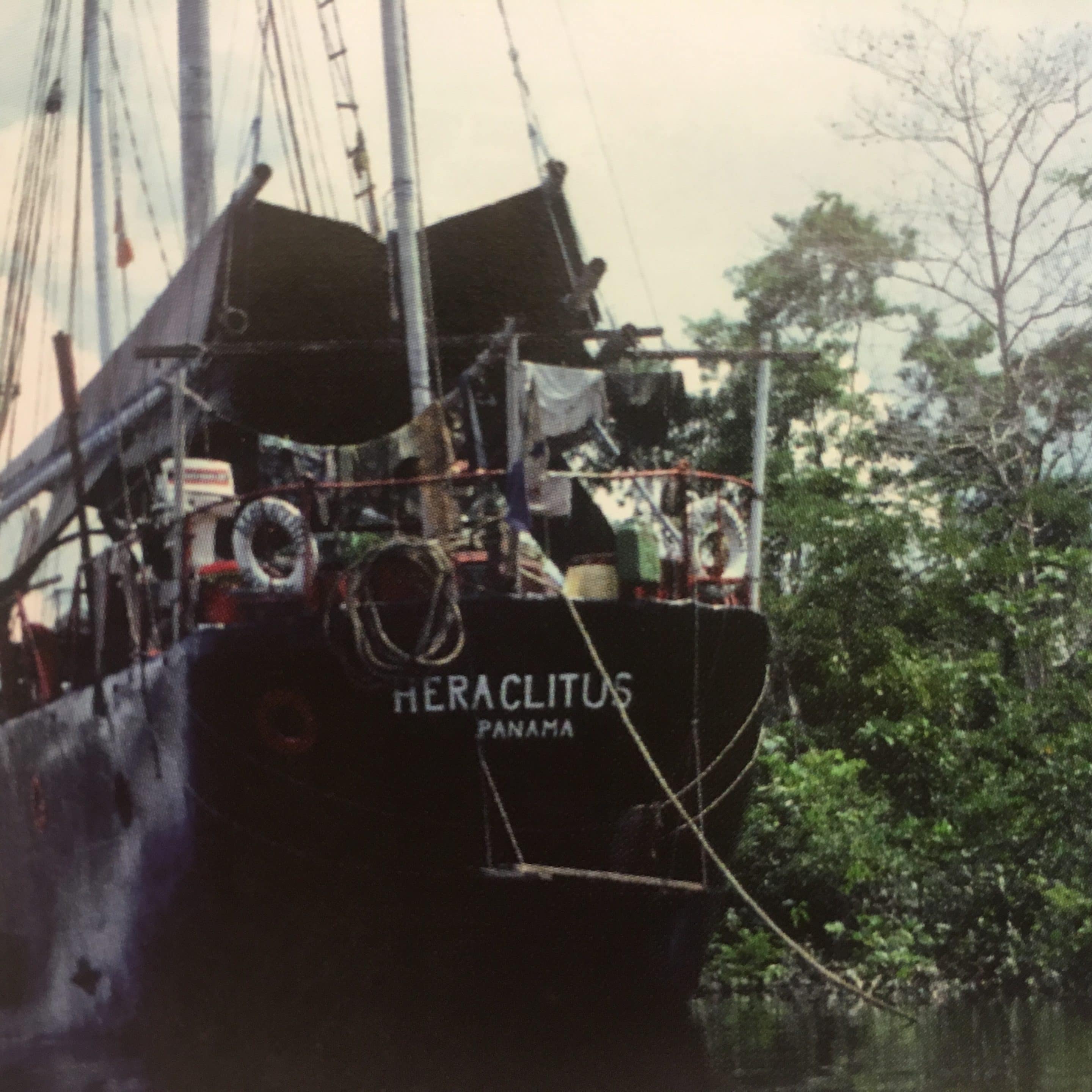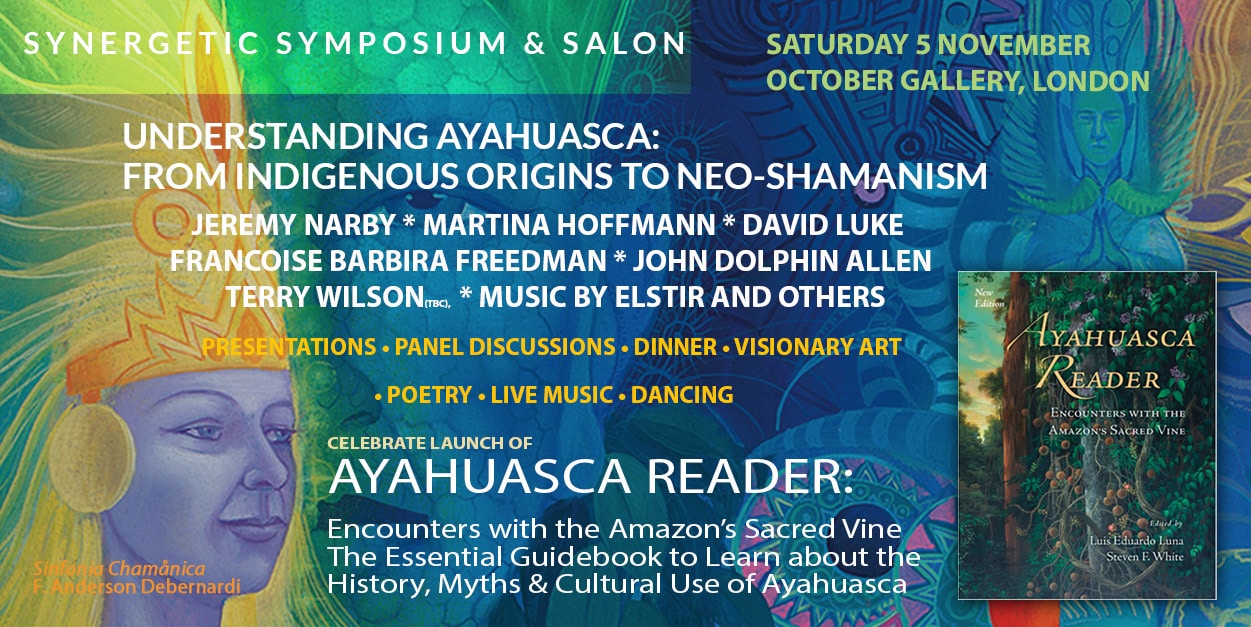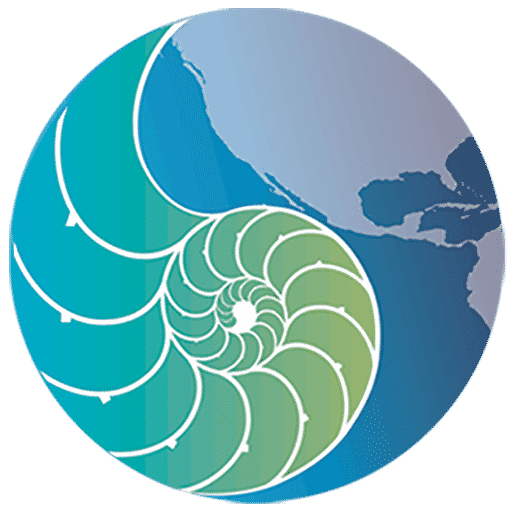Let’s begin with the beginning… that’s how this captivating conversation between two remarkable minds begins. As part of the Serpentine Gallery’s 2016 Miracle Marathon, Hans Ulrich Obrist speaks with John Allen and goes directly to the source of his life-changing epiphany about the biosphere.
[su_vimeo url=”https://vimeo.com/186148609″]
For a fifteen minute conversation, these two cover a lot of ground. From discussing Benoit Mandelbrot’s epiphany about fractals to Albert Hoffman’s discovery of LSD, John tells Hans about how he began understanding the biosphere through his discovery of humanity. When we understand that humanity is part of the biosphere, we understand that we are part of the overall unity of all the kingdoms of life.
According to Allen, the study of biospherics forms a separate line of planetary evolution. Biospherics studies the systems of the earth that support and include life. Buckminster Fuller influenced John to consider life from the perspective of total systems. Allen was inspired by Fuller to use synergy in bringing together technics, or advanced technology, with biospherics. The result was Biosphere 2, which made a model of the Earth’s biosphere (or Biosphere 1).

Sailing the Amazon River on RV Heraclitus, a ship that Allen helped to design and build. Photo from Me and the Biospheres: A Memoir from the Inventor of Biosphere 2.
John also discusses how he was influenced by Amazonian explorer and ethnobotanist, Richard Evans Schultes. Inspired by Schultes, Allen traveled the Amazon River by boat and drank ayahuasca with a traditional shaman. The experience changed his level of consciousness and communicated to him the objective truth of the biosphere.
One of the most poignant moments in the conversation is when Hans asks about miracles:
Hans Ulrich Obrist: What is a miracle to you?
John Allen: A unique, non-repeatable experience.
Our entire lives are made up of unique, non-repeatable experiences. Understanding our lives like this adds a miraculous quality to each moment. John goes on to say that all of modern life is based on miracles, but in modern life we have separated ourselves from the larger system of the biosphere. Instead of thinking about the environment, as something external that is around us, we can shift our thinking to a biospheric perspective, to seeing ourselves as part of the miraculous system of life.
In its eleventh year, the Serpentine Marathon series continued on its exploration of activism, art, anthropology, architecture, literature, music, philosophy, theology and science through a specific theme or topic of particular relevance in artists’ practice and in the wider contemporary context… the 2016 Miracle Marathon focused in on ritual, repetition and magical thinking to consider ways in which the imaginary can not only predict, but also play a part in affecting long-term futures.
You can hear more from John Allen in person at the Synergetic Symposium and Salon at the October Galley on 5 November. This Symposium and Salon on Understanding Ayahuasca brings together diverse perspectives on this sacred plant medicine from the Amazon. The event is celebrating the release of the new edition of Ayahuasca Reader: Encounters with the Amazon’s Sacred Vine, a collection of shamanic stories, myths, research, songs, poems, and art that share the wisdom of ayahuasca.
You can get your tickets to the Symposium and Salon here, and you can get your copy of Ayahuasca Reader here.


